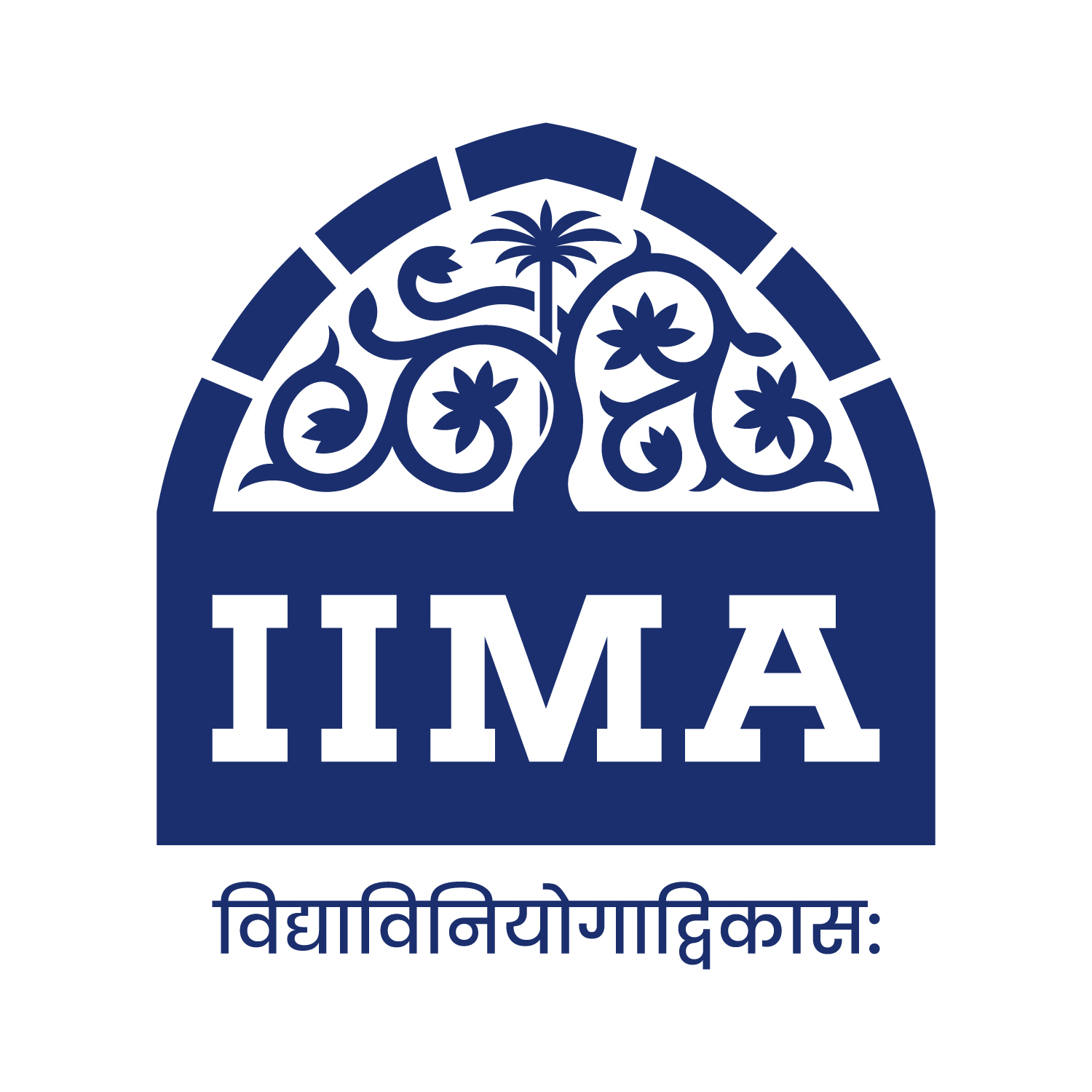Dear Alumni,
Greetings!
Trust all of you are keeping healthy and safe in these uncertain times. Despite the Pandemic the teaching and research activities continue in right earnest at the Institute. Teaching online is a new experience for most of the colleagues. A few of us took time to find our bearings but most have excelled in this mode of delivery as well. It has been a learning exercise for both faculty and students. Students miss the peer group interaction on campus and associated learning and faculty at times misses the energy that a live class usually generates. But overall, we seem to have managed the offline to online transition reasonably well. In all likelihood even as normalcy returns, online and blended learning are here to stay in one form or the other. The Institute is in the process of making investments to enhance the efficacy of such modes of delivering course offerings and programmes.
The MBA (PGP, PGP-FABM and PGPX) and PhD programmes were inaugurated online. The experience was surreal with multiple screens accommodating the large number incoming students. Despite the distance that the technology worked hard to overcome, the inauguration was an event full of warmth and energy as parents of several students also joined the inauguration ceremony online. The diversity in the incoming batches of the various programmes is quite high. Of the 140 PGPX participants, 28 per cent are women and about 60 per cent were either residing abroad or have had international exposure in terms of work or studies. A significant share of the participants (85 per cent) are engineers with an average work experience in diverse industries of eight and a half years. A total of 388 participants have joined the PGP. The average work experience is 23 months with 60 percent of them having work experience of more than a year. About 23 per cent have a non-engineering academic background with degrees in Arts, Commerce and Science and 21 per cent participants are women. The gender diversity in the PGP-FABM is higher with more than 34 per cent of the 47 participants being women. The average age of these participants is 22 years with an average work experience of 20 months and only 55 per cent participants are from the engineering background. The PhD programme has admitted 23 students this year across various areas and 9 of them are women.
The construction in the new campus got delayed due to the pandemic as work had to be stopped for some time. Construction activity in that part of the campus has resumed and we hope to see completion of some buildings early next year. Meanwhile, the restoration of the faculty wings has also begun. Faculty, secretarial and research staff have been re-located to the Kasturbhai Lalbhai Management Development Centre (KLMDC) and a new temporary building constructed near the main gate of the old campus. The restoration of the faculty wings is likely to take about two years. Once the classrooms and other buildings in the new campus are in place, the classroom side of the Louis Kahn Plaza (LKP) will be taken up for restoration. As you know, the Vikram Sarabhai Library, the central part of LKP has already been restored. For the next 4-5 years, the construction activity would continue as we restore parts of the old campus and build new facilities. It has been quite a challenge to undertake this activity without disrupting the regular academic schedule but we are happy with the progress so far despite the delays caused by factors beyond our control.
The activities of Alumni Special Interest Groups (ASIGs) have picked up and they have emerged as an important mechanism for alumni engagement. This issue carries a story on the ASIGs and we showcase the activities undertaken by various ASIGs. I request all of you to get involved with ASIG activities, making them more vibrant so that alumni engagement can grow further and flourish.
With significant growth in the availability of data, business analytics has emerged as an important capability to deal with strategic and operational issues. The Institute has set up a High Performance Computing (HPC) Lab to store and analyse big data. Leveraging the lab and the skills of the faculty, the Institute has launched a diploma programme in Advanced Data Analytics which is being offered through the e-mode. This issue provides more details on this innovative programme.
I am happy to inform you that Professor Saral Mukherjee will be the next Dean (AER). To facilitate transition, we will co-manage the office till February, 2021. Professor Mukherjee will take full charge from March 1, 2021. As most of you would know, he has been at the Institute for a long time. Professor Mukherjee is one of our most celebrated teachers and his connect with current and past students is legendary. I am sure under his leadership, the engagement with alumni will deepen significantly. And all of you would be able to contribute even more to your alma mater in a variety of ways and take it to newer heights.
This is my last editorial as the Dean (AER). I have thoroughly enjoyed my stint in this position primarily because of your unstinted support, encouragement and warmth. With your help we were able to initiate a few experiments. I am sure that the ongoing and new endeavours will keep you involved with the Institute and you will continue to provide innovative learning opportunities on campus, both for the students and faculty members.
The festive season is underway but the celebrations are subdued due to the times we are in. I wish you the very best for an emotionally satisfying and intellectually stimulating career and life.
Warm regards,
Rakesh Basant
Professor of Economics
Dean, Alumni and External Relations

